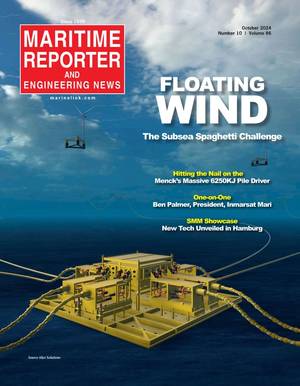The Royal Thai Navy claims it urgently needs more submarines to compete with other Asian countries.
The assistant commander made the claim aimed at persuading a skeptical public that the nation should invest in its military in a white paper sent to reporters, the Bangkok Post reported.
The nine-page document detailing what it says are the reasons why the country needs to spend Bt24 trillion on buying three submarines from China. It could take up to eight years for Thailand to acquire a new submarine.
Critics earlier this month condemned the navy's proposal to spend roughly 36 billion baht on Chinese submarines. The white paper, ordered by Deputy Prime Minister Prawit Wongsuwon, appears to be an attempt to drum up public support for the submarines.
Although Thailand will not use the submarines to wage war, other countries' perception is critical, according to assistant navy commander Adm Narongphon Na Bang Chang. "We want other countries to be in awe of us and recognise our potential to take care of the sea," he said.
The move came after Prime Minister Prayut Chan-o-cha suspended the procurement of the Yuan Class S26T submarines and told the Navy to explain to the public the necessity of protecting the country’s marine interests and why it wanted to buy the subs.
The submarines would be only 0.006 per cent of the total marine interests because they could be used for at least 30 years, the Navy stated.
Almost 95 percent of the country’s imports and exports are transported by sea, it said, adding that about 15,000 cargo vessels passed through the Gulf of Thailand per year. If the gulf, which is 400 kilometres wide, were blocked, as happened during World War II, the country would be badly affected.
U.S. officials have been closely watching the government's growing ties to China in recent months, DefenseNews reported. At the same time, the U.S. doesn't want to cozy up with Thailand's military leaders. A military junta declared a coup in May 2014 and created the National Council for Peace and Order.
"The U.S. is giving the junta the cold shoulder," said Martin Sebastian, head of the Centre for Maritime Security and Diplomacy, Maritime Institute of Malaysia.













